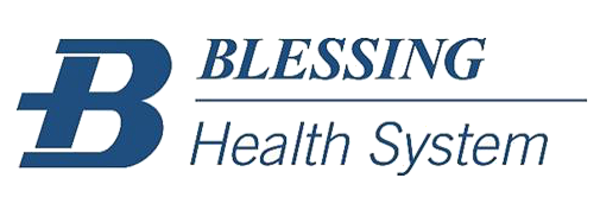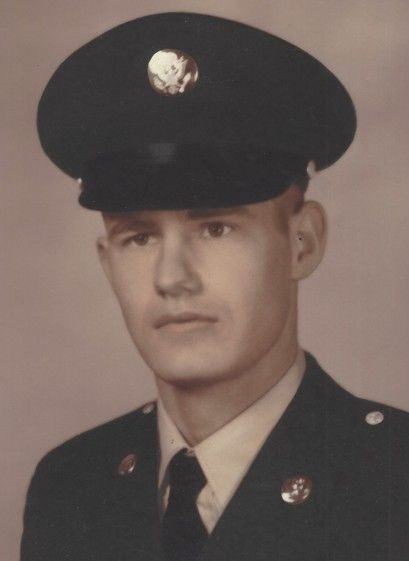Blessing Hospital among leaders in the nation for stroke care

QUINCY — The American Heart Association has recognized Blessing Hospital among the nation’s leading providers of stroke care. For the fourth consecutive year, the hospital earned the AHA’s Get With the Guidelines Gold level recognition. Specifically, Blessing received a 2024 Gold Plus Award for meeting or exceeding national core standard levels of care in the treatment of stroke patients for two consecutive calendar years or more.
The hospital also demonstrated compliance to additional levels of quality during the 24-month or greater period, receiving the Target: Stroke Honor Roll award for meeting specific criteria that reduce the time between an eligible patient’s arrival at the hospital and treatment with the clot-buster drug, tenecteplase; and a Target: Type 2 Diabetes Honor Roll award for ensuring patients with Type 2 diabetes, who might be at higher risk for complications, receive the most up-to-date, evidence-based care when hospitalized due to stroke.
Get With The Guidelines puts the expertise of the American Heart Association and American Stroke Association to work for hospitals nationwide, helping ensure patient care is aligned with the latest research and evidence-based guidelines.
Between May 1, 2023, and May 31, 2024, 322 patients were diagnosed and treated for stroke at Blessing Hospital and 132 patients were diagnosed and treated for Transient Ischemic Attacks, or TIAs, also known as mini-strokes. TIAs often occur shortly before a complete stroke.
“We are incredibly pleased to recognize Blessing Hospital for its commitment to caring for patients with stroke,” said Steven Messe, M.D., volunteer chairperson of the American Heart Association Stroke System of Care Advisory Group and professor of neurology and director of fellowships of neurology at the Hospital of the University of Pennsylvania, in a press release. “Participation in Get With The Guidelines is associated with improved patient outcomes, fewer readmissions and lower mortality rates – a win for health care systems, families and communities.”
The Blessing Hospital Stroke Committee, consisting of caregivers from different departments, is responsible for ensuring their fellow caregivers are educated regarding national standards of care and they face no barriers in the timely delivery of quality stroke care. In addition, the committee raises public awareness regarding the risks and warning signs of stroke. Christopher Solaro, MD, PhD, CPE, Chief Medical Officer, Blessing Health, is Stroke Committee Physician Champion and Rachel Vogel, MSN, BSN, RN, is the committee’s Clinical Quality Coordinator.
Stroke is the fifth leading cause of death and a leading cause of disability in America. Stroke occurs when a blood vessel that carries oxygen and nutrients to the brain is either blocked by a clot or bursts. When that happens, part of the brain cannot get the blood and oxygen it needs, so brain cells die. Early stroke detection and treatment are key to improving survival, minimizing disability and accelerating recovery times.
“Just as with a heart attack, time is critical in treating stroke – which is a brain attack. Stroke kills brain cells which leaves people disabled or can be fatal,” said Dr. Solaro. “This recognition is evidence that the hospital is ready to respond to a patient suffering a stroke. We ask that residents help us and help themselves, by calling 9-1-1 immediately when they feel, or recognize in another person, the signs of stroke.”
Following are stroke warning signs the public needs to know, easily remembered by the abbreviation, BE FAST:
- B – Balance: Loss of balance, headache or dizziness
- E – Eyes: Blurred vision
- F – Facial drooping: One side of the face may droop or feel numb. The affected person may have an uneven or lopsided smile.
- A – Arm weakness: One arm may droop or feel numb. A person having a stroke may not be able to raise both arms.
- S – Speech problems: Speech may be slurred or hard to understand. The affected person may not be able to repeat a simple sentence like “The sky is blue.”
- T – Time to call 911: If someone shows any of these symptoms, call for emergency medical care.
To learn more about stroke and its risk factors, go to blessinghealth.org/stroke.
Miss Clipping Out Stories to Save for Later?
Click the Purchase Story button below to order a print of this story. We will print it for you on matte photo paper to keep forever.

